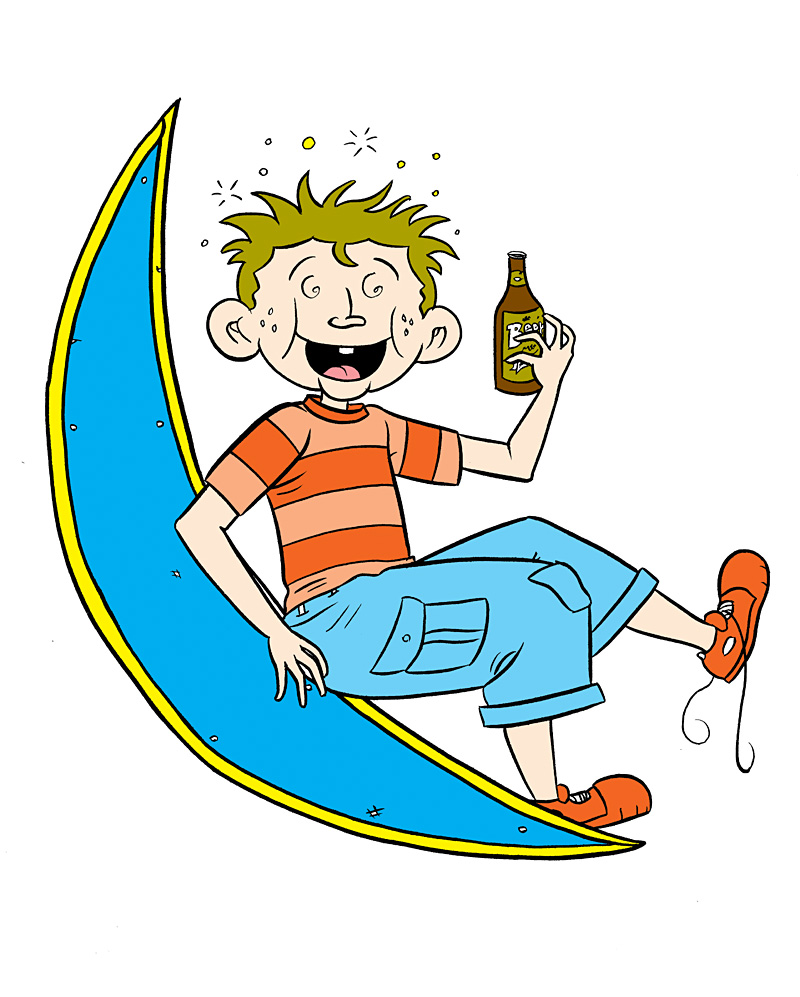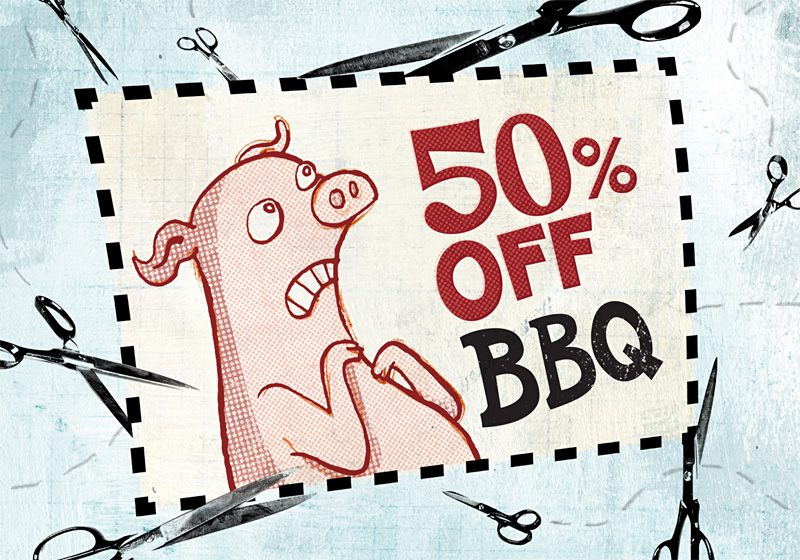Gus Hellthaler admits the recent letter from the Washington State Liquor Control Board baffled him at first. It stated that the Board had changed its advertising policy, and that his U District bar, the Blue Moon, effectively would be restricted to four neon signs in its storefront windows. At the time, the Moon had 11 neons hanging in the front, ranging from Pabst to Sierra Nevada.
The stated reason? After a year of public comment, the Board had become convinced that outdoor liquor and beer advertising, such as neon Bud signs or Captain Morgan Spiced Rum promotional banners, increased the likelihood of underage drinking. So the Board voted to restrict such brand-based advertising at bars to a maximum total of 1,600 square inches, or the area of approximately four average-size neon signs.
Hellthaler said this left him in a quandary: “Which four signs are not going to corrupt the children? This is a critical decision. Maybe I should ask some children which signs are least appealing to them.”
Hellthaler called the changes ridiculous. State Liquor Board spokesperson Brian Smith says this opinion doesn’t match the vast bulk of public comment received by the Board.
“We haven’t updated our standards for liquor advertising since the 1990s,” he says. “When we began discussing this issue, we had a flood of posts requesting that we restrict outdoor advertising. In my time here, this is the biggest outpouring of support for a change we’ve ever had.”
Smith says supporters of restrictions pointed to studies, such as a recent one by the Rand Corporation, which demonstrate a link between alcohol advertising and underage drinking.
The regulation, which went into effect in early April, is specific to outdoor visible advertising and brand names. Any additional neon signs beyond the limit can be displayed inside the bar with no restrictions. And a bar can still hang a banner reading “Cinco de Mayo Drink Specials,” but that display can’t have a beer or booze company logo on it—if that brand name pushes the bar’s overall brand advertising beyond the 1,600-square-inch limit.
But the restrictions do not affect children’s exposure to massive outdoor beer advertising at Qwest Field or Safeco Field. Two years ago, lawmakers passed legislation protecting the lucrative ads at those venues. Asked about what opponents call a double standard, Smith says the Board is focusing on what it can: smaller retail outlets.
“We’re going to start with this. The Board has not told me they are going to go for stadium [advertising]. I’m not going to speculate about the politics on this.”
Bars across the state started receiving notices last month. Smith said the notes are advisory and the Board doesn’t want to fine anyone. Yet.
Hellthaler took down most of his signs and put up a red, white, and blue sign reading “We are not allowed to advertise that we sell beer.”






